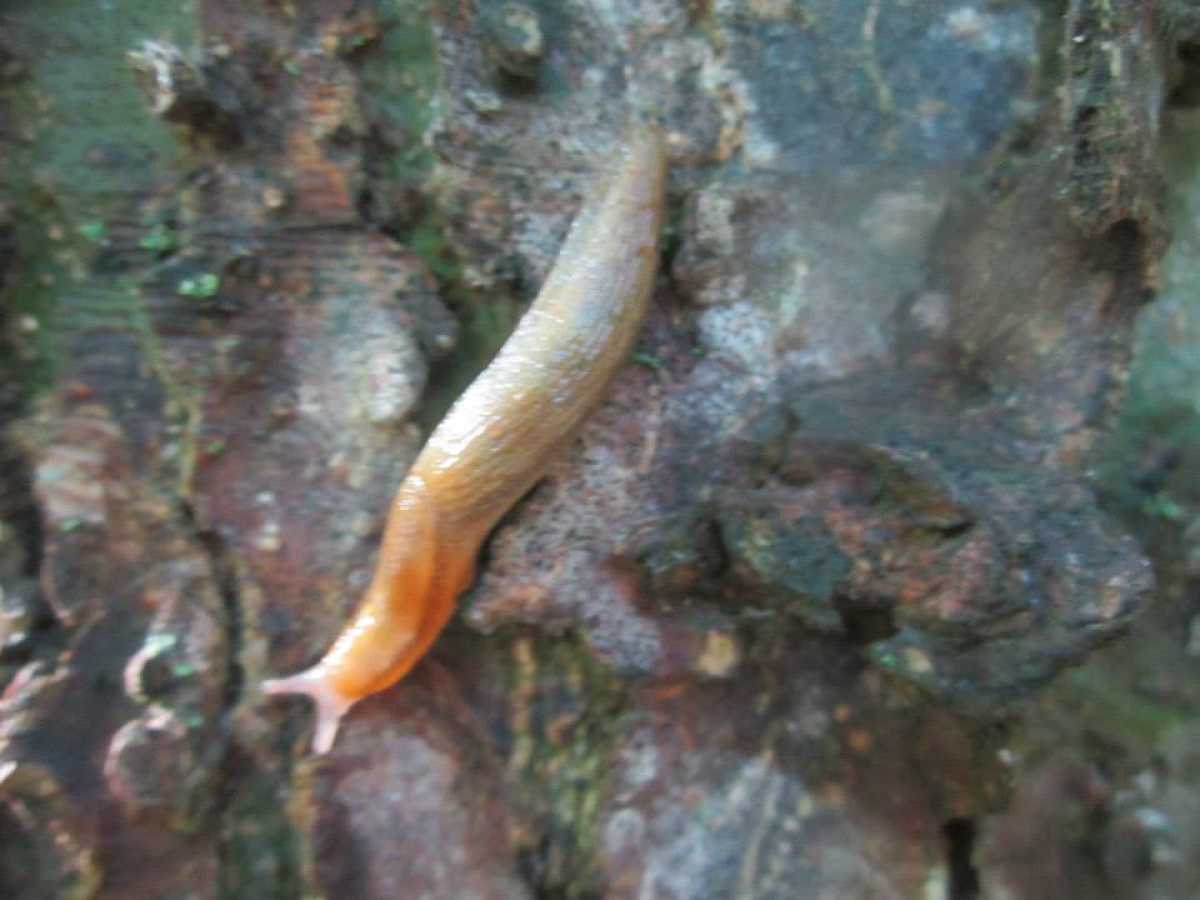When an email comes alerting you that the lingonberry and pilgrim cranberry plants you ordered will be on your doorstep in two days, the process might go something like this:
1. Begin panicking.
2. Repeat over and over to yourself how you should have cleaned out and tilled the garden earlier.
3. Scour the calendar for a couple of free hours, but come up empty.
4. Decide to scrap your plans for the day and do the work you should have done a while ago.
5. Start getting really excited.
Working with the soil almost always leaves me excited and hopeful.
And so, I laced up the shoes I don’t mind getting dirty, found my gardening gloves and floppy hat, and headed outside to make room for the plants coming my way. The garden looked cracked and dry, though that never seems to stop the weeds from infiltrating. Having never gardened in this space before, I assumed (given the sandy, dry appearance) that it might take a lot of work to get the soil ready for planting.
As I turned the soil over with my shovel, I realized that below the dry surface were plenteous earthworms and deep, dark soil that told a different tale. This looked like the perfect place to plant.
Except for one little thing – the slugs.
Slugs are small things, little compared to the rest of the world around them. They slime along slowly, painstakingly. But, despite their tiny bodies and their slowness, slugs are like living illustrations of that tortoise-and-the-hare moral: slow and steady wins the race.
These scummy creatures can wreak havoc on a garden. They creep across leafy plants, leaving large, ragged holes behind on all the leaves. They come out at night when we can’t see them, but in the morning it is easy to tell they’ve been there. They don’t target specific kinds of plants, but indiscriminately feast on whatever they find. Tiny creatures; big problem.
Isn’t that the way with so many things?
Sometimes the smallest of things can slime their way into our lives, coming in when we least expect them, and leaving a trail of destruction behind them. The smallest of things can be the most insidious.
A grudge we’re clinging to.
Comparing ourselves to others.
Harboring resentment.
A habit of finding fault.
Holding ourselves to an impossible standard.
Little attitudes. Small habits. Little thoughts that end up becoming big problems. And they happen so slowly. They slime into our lives without our notice, and they leave us (and others) holey.
In our relentless struggle for perfection – for holiness – I wonder if sometimes we leave ourselves holey and wounded.
Because we’ve unknowingly made an ideal habitat for the slugs.

